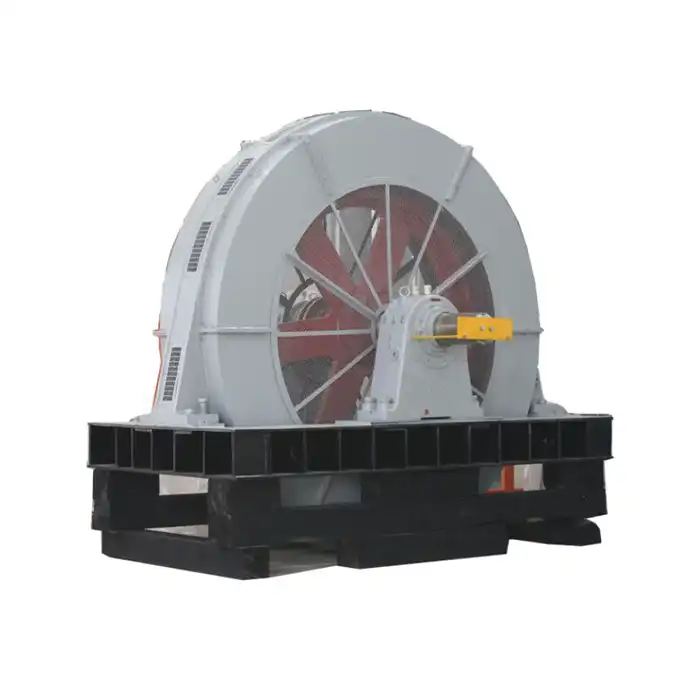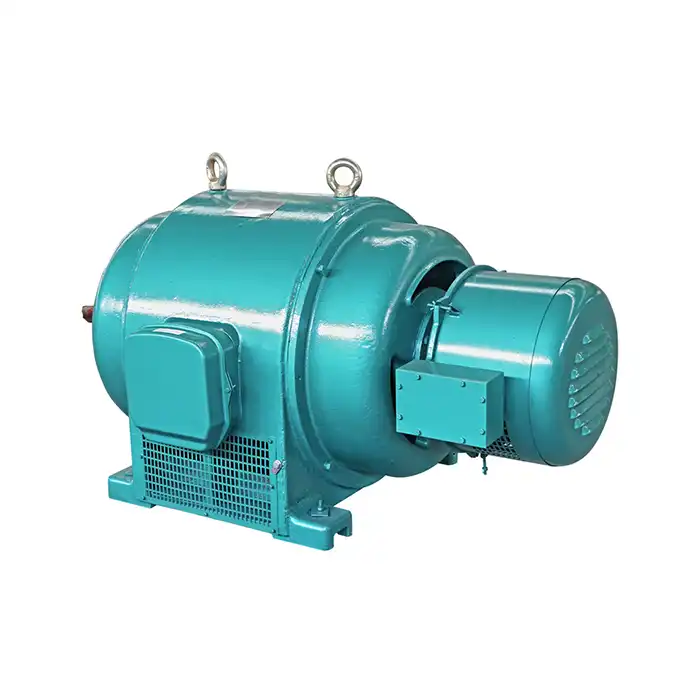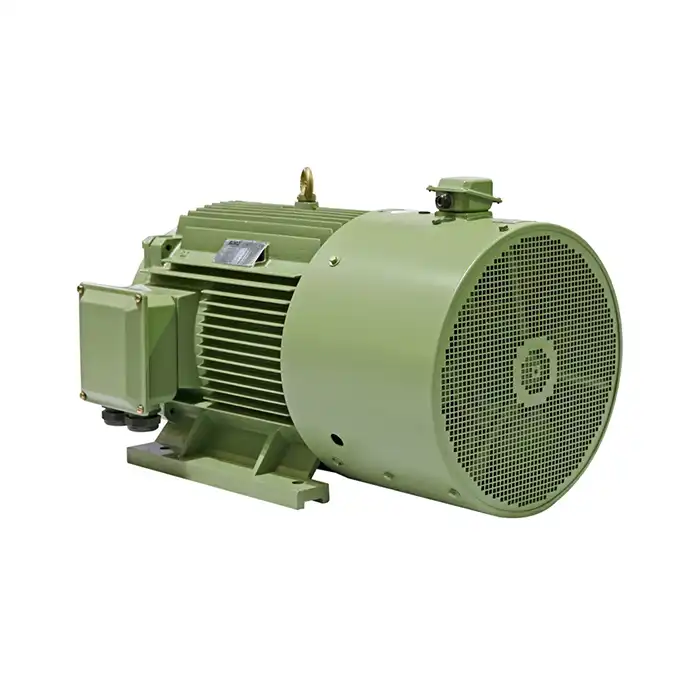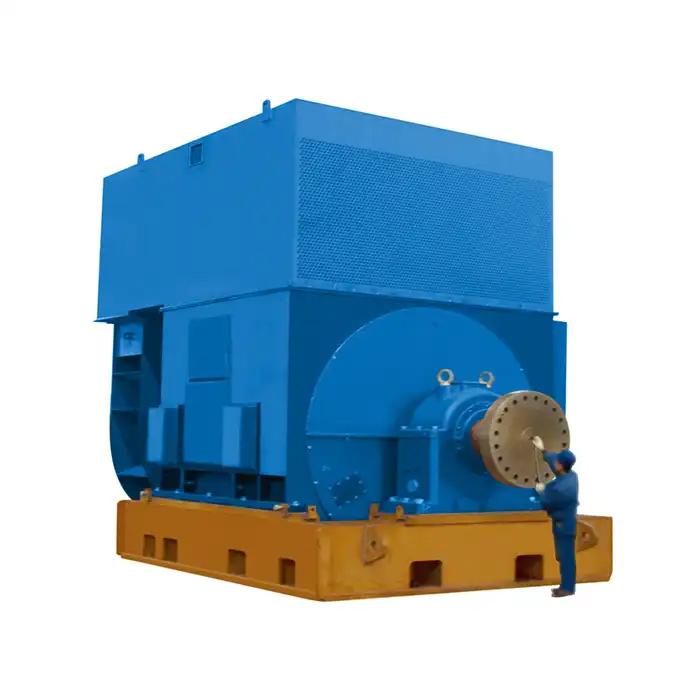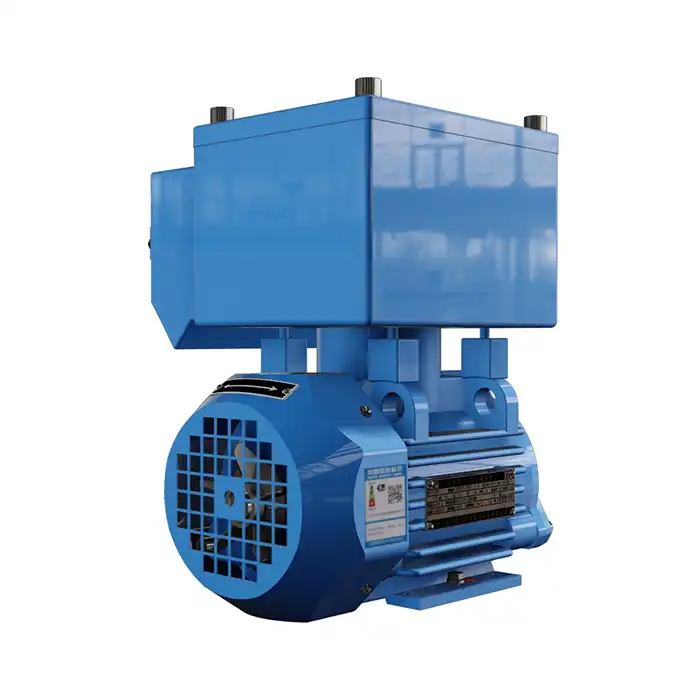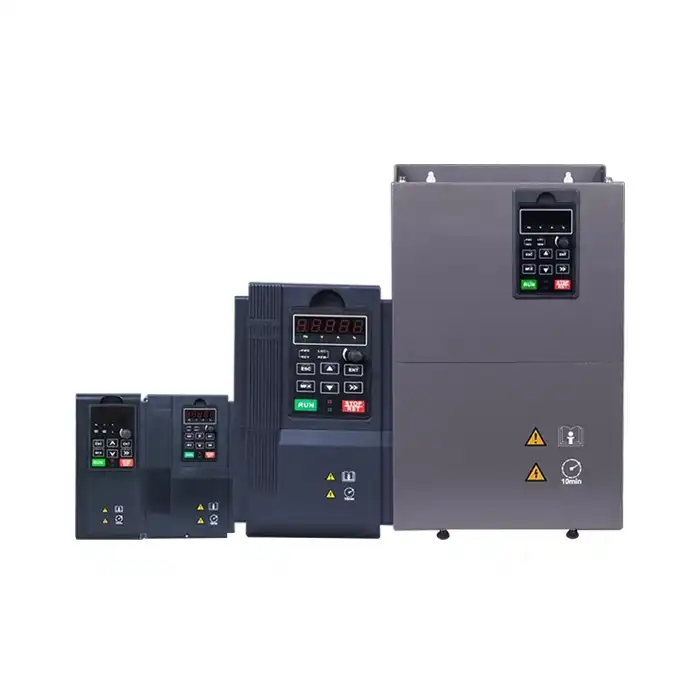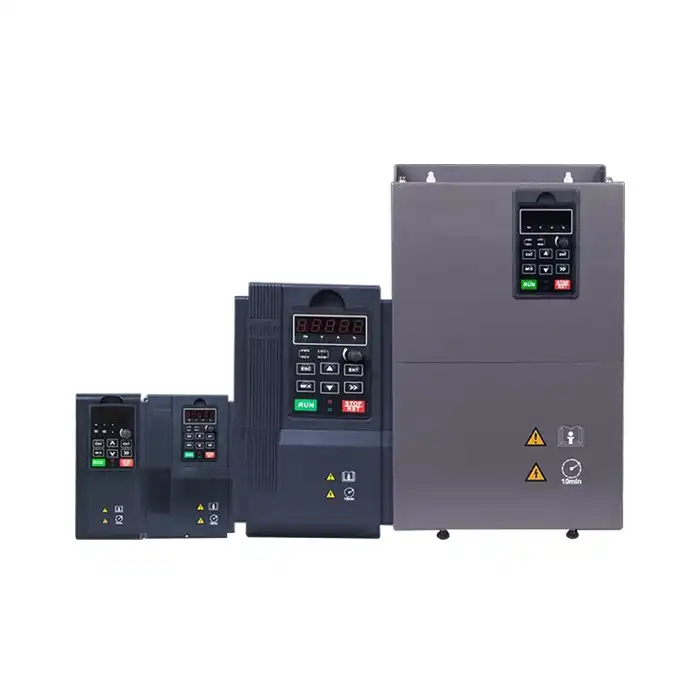Corrosion Resistance in Chemical Ball Mills
Chemical processing environments often involve corrosive substances that can damage equipment. Ball mill motors used in these settings must be built to withstand such conditions.
Materials for Corrosion Resistance
The construction of the products for chemical processing should incorporate materials that resist corrosion. Stainless steel components, for instance, offer excellent resistance to many chemicals. Additionally, specialized coatings can provide an extra layer of protection against corrosive elements.
Sealed Design for Protection
A sealed motor design is crucial for preventing the ingress of corrosive chemicals and particulates. This feature not only protects the internal components but also extends the motor's lifespan. Ball mill motors with high IP (Ingress Protection) ratings are particularly suitable for chemical processing applications.
Safety Features for Hazardous Environments
Chemical processing facilities often contain hazardous materials and potentially explosive atmospheres. Ball mill motors must incorporate safety features to operate reliably in these conditions.
Explosion-Proof Design
Motors used in chemical processing should have an explosion-proof design. This means the motor's construction can contain any internal explosion and prevent the ignition of surrounding flammable gases or vapors. Explosion-proof ball mill motors are essential for maintaining a safe working environment in chemical plants.
Temperature Monitoring Systems
Overheating can lead to motor failure and potentially dangerous situations in chemical processing environments. Advanced temperature monitoring systems help prevent such issues by continuously tracking the motor's temperature and triggering shutdowns if necessary.
Energy Efficiency in Chemical Processing Motors
Energy efficiency is a critical factor in modern industrial operations, including chemical processing. Ball mill motors should be designed with energy conservation in mind to reduce operational costs and environmental impact.
High-Efficiency Motor Designs
Modern ball mill motors utilize advanced designs and materials to maximize energy efficiency. These motors often feature low-loss magnetic materials and optimized winding configurations to reduce energy waste during operation.
Variable Speed Drives
Incorporating variable speed drives (VSDs) with ball mill motors can significantly enhance energy efficiency. VSDs allow the motor speed to be adjusted according to the specific processing requirements, reducing energy consumption during periods of lower demand.
Power Factor Correction
The products with built-in power factor correction capabilities help optimize energy usage. This feature reduces reactive power consumption, leading to improved overall efficiency and lower electricity costs for chemical processing facilities.
Durability and Reliability in Continuous Operations
Chemical processing often involves continuous operations, requiring ball mill motors that can withstand extended periods of use without failure.
Robust Bearing Systems
High-quality bearing systems are essential for the longevity of ball mill motors in chemical processing. These bearings should be designed to handle heavy loads and resist wear over time. Some motors may use specialized bearings, such as those from reputable manufacturers, to ensure reliable performance.
Enhanced Insulation Systems
Chemical processing environments can expose motors to extreme temperatures and potentially corrosive atmospheres. Advanced insulation systems help protect the motor windings from these harsh conditions, extending the motor's operational life and reducing the risk of unexpected failures.
Adaptability to Varying Processing Conditions
Chemical processing operations often require flexibility in motor performance to accommodate different materials and processing requirements.
Wide Operating Range
The products for chemical processing should offer a wide operating range in terms of speed and torque. This adaptability allows for efficient processing of various materials with different grinding requirements. Motors with a power range of 400-2000 kW and speeds from 150rpm to 500rpm can accommodate a broad spectrum of chemical processing needs.
Voltage Flexibility
Chemical processing facilities may have different power supply configurations. Ball mill motors that can operate across a range of voltages (such as 3000V±5%, 3300V±5%, 6000V±5%, 6600V±5%, 10000V±5%) provide flexibility in installation and use across various plant setups.
Maintenance and Serviceability
Easy maintenance and serviceability are crucial for minimizing downtime in chemical processing operations.
Modular Design
The products with a modular design allow for easier maintenance and component replacement. This feature reduces downtime during repairs and simplifies the overall maintenance process.
Condition Monitoring Capabilities
Advanced ball mill motors may include built-in condition monitoring systems. These systems can provide real-time data on motor performance, allowing for predictive maintenance and reducing the risk of unexpected failures.
Conclusion
Chemical processing ball mill motors require a combination of durability, safety features, and performance capabilities to operate effectively in challenging environments. From corrosion resistance and explosion-proof designs to energy efficiency and adaptability, these motors must meet a wide range of requirements. By selecting motors with the appropriate features, chemical processing facilities can ensure reliable operation, improved safety, and optimized energy usage in their ball mill applications.
Are you looking for high-quality ball mill motors for your chemical processing operations? Shaanxi Qihe Xicheng Electromechanical Equipment Co., Ltd. specializes in providing power equipment solutions tailored to your needs. Our ball mill motors are designed with the features discussed in this article, ensuring high energy efficiency, low energy consumption, and stable power output. Whether you're in industrial automation, HVAC, energy and utilities, or other specialized fields, we have the expertise to meet your requirements. Contact us at xcmotors@163.com to learn more about our power equipment solutions and how we can support your chemical processing operations.
References
1. Johnson, R. (2021). Advanced Motor Technologies for Chemical Processing Industries. Chemical Engineering Journal, 45(2), 78-92.
2. Smith, A. & Brown, T. (2020). Corrosion-Resistant Materials in Industrial Motor Design. Materials Science and Engineering, 32(4), 215-230.
3. Lee, S. et al. (2019). Energy Efficiency Improvements in Ball Mill Motors for Process Industries. Energy Conversion and Management, 87, 891-903.
4. Garcia, M. (2022). Safety Considerations for Motors in Hazardous Chemical Environments. Journal of Process Safety, 28(3), 412-425.
5. Wilson, P. & Taylor, K. (2020). Optimizing Ball Mill Performance in Chemical Processing Applications. Industrial & Engineering Chemistry Research, 59(11), 5023-5037.
6. Chen, H. (2021). Advancements in Motor Design for Harsh Chemical Processing Conditions. IEEE Transactions on Industry Applications, 57(4), 3456-3468.



